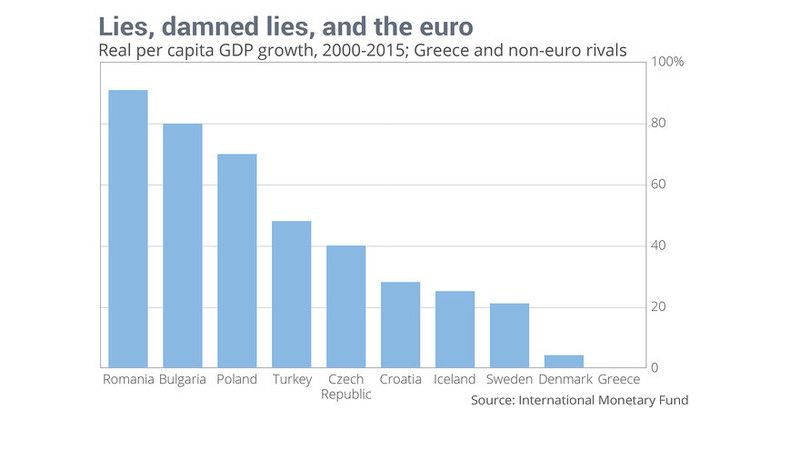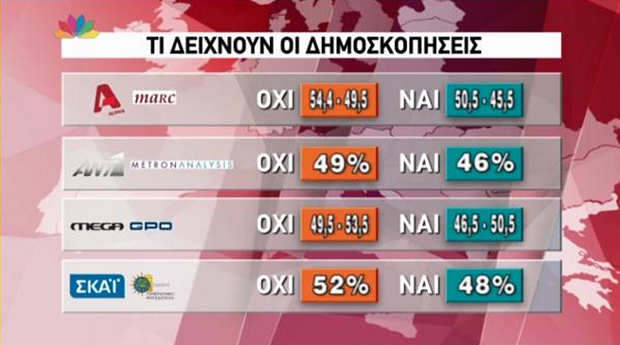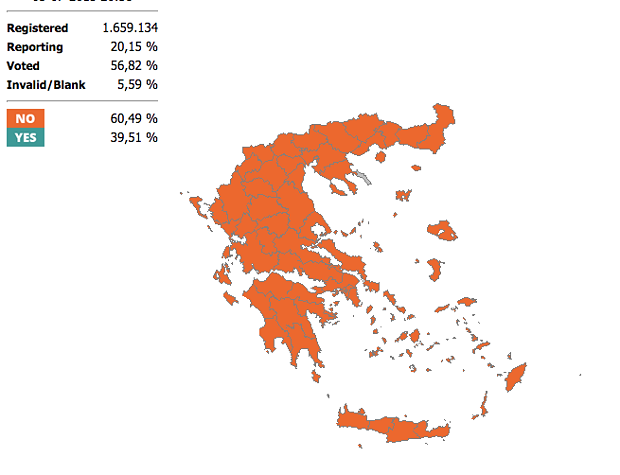Athens at the dawn of the 6th Century B.C. was an unremarkable city. The arts, science, and philosophy that would make it great were still centuries away.
The only notable thing about Athens of the time was its relatively large size, which was also the source of its problems. Athens was too large to feed itself and this was becoming a crisis.
Athens was ruled much like other Greek cities after the collapse of the Bronze Age, by an oligarchy.
On the political side, the vying of aristocratic families was tearing the city-state apart. The city of Athens was run by nine archons. These archons were elected for one-year terms by a council of former archons called the Areopagus. Archonships were available only to members of the aristocracy. These aristocrats used their position and power to benefit only their own family. The only political body capable of calling these people to task was the Areopagus. Since the only check on aristocratic power was other aristocrats, the needs of the rest of the population went unnoticed.
Athens was slightly ahead of the curve in that it had an existing Constitution, but that Constitution merely enshrined the power of the oligarchy.
The aristocratic families were bitter rivals and battled over whatever scraps of wealth the society produced. This system was so inefficient that even they had to conceed the need for a third party to institute reforms. So every ten years they selected a
tyrant. Some were worse than others. In 621 BC Draco, the namesake of the word "draconian", codified a set of "notoriously harsh" laws that were "a clear expression of the power of the aristocracy over everybody else." The punishment for breaking Draco's laws was almost always death. This did not stop the aristocrats from feuding.
Enter an ancestor of Plato,
Solon, the lawgiver.
Solon who also came from an aristocratic family, made a name for himself by winning a minor war against a nearby Greek tribe.
When the Areopagus selected Solon in 594 B.C. they almost certainly did not expect sweeping reforms that would forever change Athens, but that's what they got.
Solon instituted broad political reforms, including expanding the definition of citizenry, gave them real political power, and lowered standards for those seeking to hold public office. Solon changed the qualifications for political power from lineage to wealth, which may not sound progressive in today's world, but it was for those days because it extended political power to a much larger group.
He also imposed economic reforms that helped modernize the economy.
It's hard to know exactly what the reforms were because there were no serious historians at the time and writing of his laws have not survived. Modern historians have had to piece his reforms together from various sources and scraps.
However, it is his social reforms that I want to focus on for this essay.
"...there was conflict between the nobles and the common people for an extended period. For the constitution they were under was oligarchic in every respect and especially in that the poor, along with their wives and children, were in slavery to the rich...All the land was in the hands of a few. And if men did not pay their rents, they themselves and their children were liable to be seized as slaves. The security for all loans was the debtor's person up to the time of Solon. He was the first people's champion."
- Aristotelian Athenaion Politeia
In most years the small Attica farmer barely scraped by. By law or custom, a struggling farmer could not use his farm as collateral for a loan, even if he owned the farm. He had to offer himself and his family as that collateral. Failure to meet the conditions of the loan meant being sold into slavery.
One of the most important things that Solon outlawed was the horos.
The horos was a wooden or stone pillar indicating that a farmer was in debt or under contractual obligation to someone else, either a noble patron or a creditor. However, it may have been even worse than that.
You see the Greek word horos meant "access-governing boundry marker". This implies that the horoi was actually used to restrict the movement of those debtors, thereby enforcing the condition of peonage. Outlawing the horoi gave the poor freedom of movement and association.
And then Solon got really radical.
Solon announced a general jubilee - a one-time cancellation of all debts to "shake off their burdens."
His next act was to forbid the enslavement of one Athenian by another and made it a "civic right" rather than a "human right", thus creating the concept of citizenship.
Anticipating that the aristocrats would turn to intimidation against the newly freed debtors and slaves to re-establish their power, Solon outlawed acts of hubris - behavior intended to humiliate and intimidate.
To give these reforms teeth, Solon created a new assembly of citizens to act as a court of law. State officials who abused their power could now be held accountable.
After all of his reforms were put into place, Solon did one last amazing thing - he left Athens for 10 years and travelled the ancient world. The reason he did this is because according to the Athenian constitution, no one by Solon could oveturn his reforms. He made the logical assumption that if he stayed, rival aristocratic families would use intimidation and threats to make him repeal those laws.
Unfortunately, Solon's reforms were before their time and flawed.
Solon had failed to institute land reform, the primary source of the inequality of wealth and power.
Eventually one of Solon's relatives, Peisistratos, seized power unconstitutionally after five years and repealed some (but not all) of Solon's reforms.
Nevertheless, Solon's reforms set a new standard of how to govern, some of which remained part of Athenian society.
In 514 B.C., Hippias became tyrant of Athens by way of murder. His cruelty created unrest, and to retain power he created a military alliance with Persia.
A rival Athenian family, Isagoras, feeling threatened by Persia allied itself with Sparta, which implimented a coup. Spartans being no fans of democracy and freedom, had a change of heart and tried to recall Hippias, but this set off a revolt by the Athenian populace which chased the Spartans from the city. Persia theatened Athens to accept Hippias as their ruler, but Athens defied them.
Athenians then selected Cleisthenes, a political rival of Isagoras, in 508 B.C.
Cleisthenes became the one who instituted the full democratic reforms that we know when we think of Athenian democracy. He lifted the wealth restriction on citizenship, thus expanded voting rights to over 10% of the population of Athens and instituted isonomia ("equality vis à vis law", iso=equality; nomos=law).
Athens today
The IMF released a report just a few days ago admitting what so many economists have already said, that Greece's debt is unsustainable and odious. The IMF had this report for months.
Just two days ago Wikileaks released a document from 2011 where German Chancellor Angela Merkel who told her personal assistant that Greece's debts would still be unsustainable under the terms of the new arrangement.
So basically the troika knows beyond a shadow of a doubt that the crushing austerity they are forcing upon Greece is doomed to fail. Greece will never be able to pay these debts.
Yet neither the IMF, nor the ECB, nor the political leaders of Europe are willing to change course. Why?
The debt, in other words, isn't about money. It's about political control.
Since it isn't about economics and finding the best way to limit financial losses, then it must be about politics.
Not politics like you and I think of politics, with campaign speeches and elections, but
realpolitik.
Prime Minister Alexis Tsipras allows the Greek people to decide their own fate via a democratic referendum. That’s enough to send the troika – the European Central Bank (ECB), the European Commission (EC), and the International Monetary Fund (IMF) - into a paroxysm of rage. Here, in a nutshell, is everything one needs to know about the EU “dream”.
The European Commission chief, Jean-Claude Juncker, said he felt “betrayed” by the “egotism” shown by Greece in failed debt talks.
Just looking around the web today you can easily find apologists for this authoritarianism.
Greece’s referendum shows you can have too much democracy
Some things are too important to be left to voters.
Greece Is Doing Democracy Wrong
In a crisis, effective democracy requires an elected leader to do what he or she thinks is right -- and take the consequences later, when elections are called.
Both of these articles violate Solon's law against
hubris - telling the Greeks what democracy means.
What Syriza is doing is direct democracy, in the true tradition of ancient Athens, not representative democracy.
It's easy to understand why an American might get confused by the sight of real democracy. After all, Congress just passed the TPP fast-track bill over the objections of the American public, while being barred from telling the public what was in it. And yet we are told that this is democracy.
"The very idea that a government would consult its people on a problematic proposal … was greeted with incomprehension and often with disdain bordering on contempt. I was even asked: ‘How do you expect common people to understand such complex issues?’"
- Greek Finance Minister Yanis Varoufakis
One thing is for certain: the political and financial leaders of today have nothing but contempt for the people they supposedly represent.
The current meme being pushed is that the Greek population is "confused" and "doesn't understand what it is being asked." That's simply arrogance.
The real question is if Greece can have a fair election with Europe holding a financial gun to its head? It's impossible to predict.
But Greek citizens have a long tradition of acts of courage defending democracy in the face of overwhelming odds. If they can stand up to Persia and refuse to accept Hippias as their ruler, they can also stand up to the troika in the name of Solon and refuse to accept peonage.
9:53 AM PT: There is a meme going around that being on the Euro is better than having your own currency. Well, consider this:

How would the drachma be significantly different from the Romanian leu or Bulgarian lev?
10:04 AM PT: Voting has closed in Greece. Results should start coming in a couple of hours.
You can live blog here.
TV stations in Greece say that "no" has a small lead.
Greece's defense minister, Panos Kammenos, says: "the Greek people have proven that they won't be blackmailed. They won't be terrorized. They won't be threatened. Democracy has won."
Well, democracy has won this round anyway.
10:08 AM PT: Latest Greek polls:

10:19 AM PT: Nikos Voutsis, Greece’s interior minister, just spoke on TV and said that participation rate is over 50%, meaning the referendum is legally valid (the threshold is 40%).
10:45 AM PT: A Big Greek NO!



